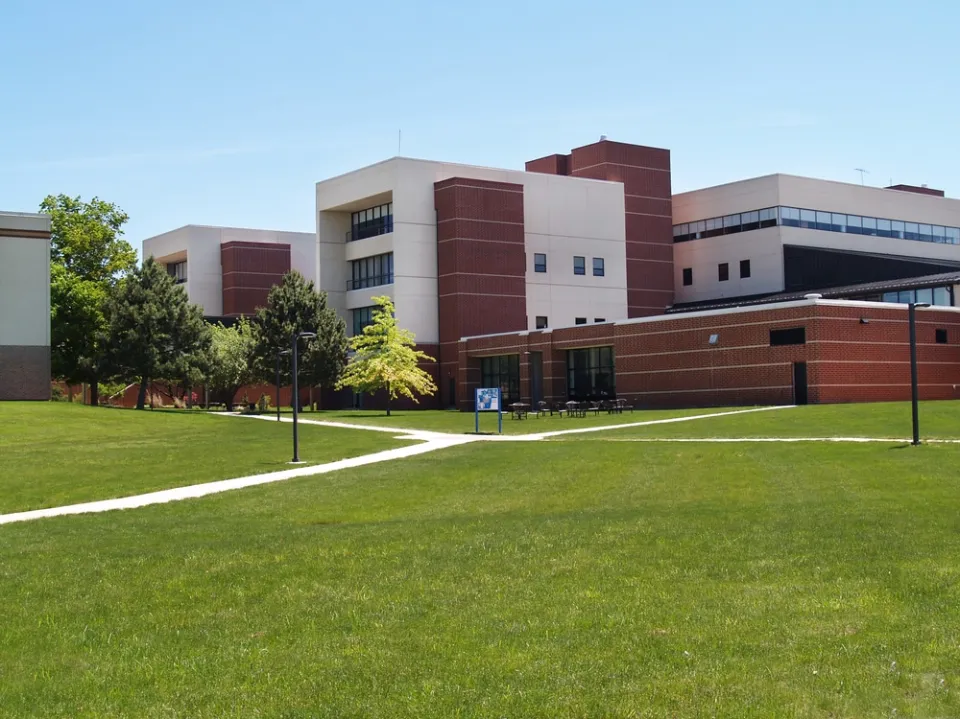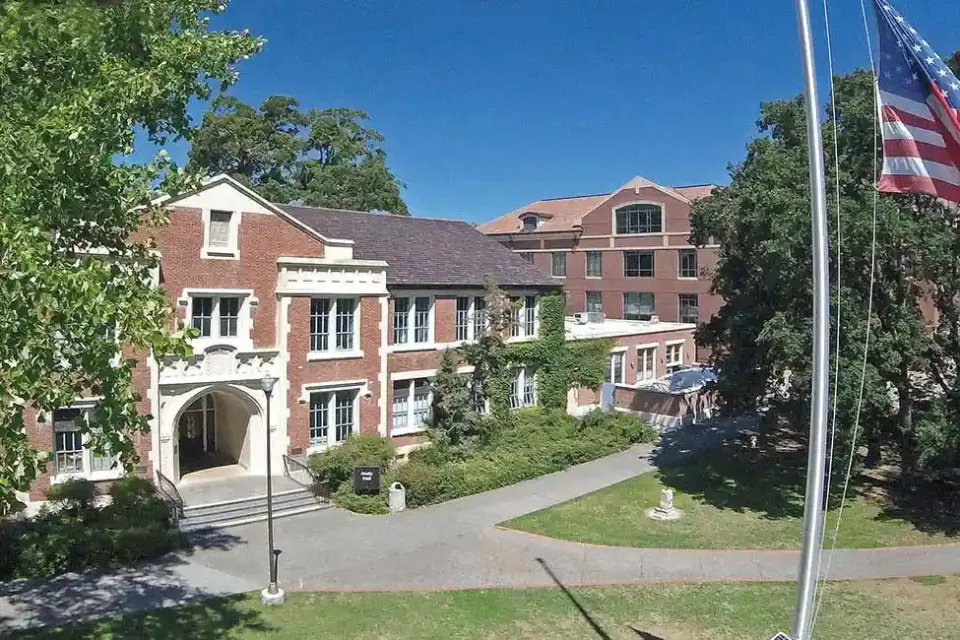
What Are Junior Colleges? A Complete Guide
You may have heard about junior colleges, but do you know what are they? Read this blog to learn the definition and admission requirements of junior colleges.
Junior College is not typically the first institution that comes to mind when discussing going to college in the United States. Junior College can be a great option for athletes looking for a different path to the top NCAA schools, but few people are aware of this.
What are junior colleges, and why should you put one on your list of potential colleges to attend? Let’s have a closer look.
What Are Junior Colleges?
A junior college, also referred to as a community college, is a two-year postsecondary institution that offers academic instruction or career preparation to help students launch successful careers.
However, some students choose to continue their education at a four-year university to get a bachelor’s degree by transferring their credits, even though an associate’s degree is typically the highest certificate that a student can earn at a junior college.
The primary objective of junior colleges is to increase access to higher education in terms of cost, location, and curriculum.
Related: Can You Apply To College As A Junior?
Origin of Junior Colleges
First established in 1901, junior colleges were the creation of two men: J. William Rainey Harper, a professor at the University of Chicago, and William Rainey Harper. Joliet Township High School’s principal is Stanley Brown.

It was an experiment that led to the creation of junior colleges. The idea behind Harper and Brown’s college was to essentially make it a continuation of high school. This two-year “junior college” would provide students with an affordable and accessible education that would help prepare them for a four-year university.
Back then, many junior college students were the children of farm families, shopkeepers, and other blue-collar workers who were deeply involved in their community. There was also a deep sense of pride in supporting these affordable colleges that helped smaller communities grow and thrive.
Observe where we are going with this. At some point, we started calling junior colleges “community colleges.” Immediately following the evolution of junior colleges and the introduction of certificates that did not mandate that students continue their education at a four-year university, this name change occurred.
Is There a Difference Between Junior College and Community College?
Not really, as the community and junior colleges both take pride in providing adaptable programs that cater to the needs of their local communities.
However, many junior colleges that self-identify as such are private institutions. Since the majority of community colleges in the US are public institutions, they are typically more affordable and may even be tuition-free.
In conclusion, aside from the fact that one is typically public and the other may be private, junior college and community college don’t really differ significantly from one another. Comparing private junior colleges to public community colleges, private junior colleges are typically more expensive to attend.
Do not, however, let the expense deter you from applying if you are interested in attending a junior college. Private universities frequently provide sizable financial aid packages to help offset their higher tuition costs.
Why Would I Go to a Junior College?

Athletes enrolling in junior colleges typically do so for two reasons. The first is whether their academic records make them ineligible to attend a university. Anyone who didn’t receive the grades they anticipated on their exams may still be a good candidate for junior colleges because they frequently have lower grade requirements to qualify.
We might advise a student-athlete to attend a junior college to advance their athletics if we think they have the potential to attend a major Division 1 university but lack the necessary tournament performance. The athletes’ accomplishments at junior college will be very helpful when they apply to universities for recruitment in two years.
In order to find players who can move away from home, perform well, and maintain their academic standards, coaches frequently look to junior colleges. This is where they can find players who are international and have already demonstrated their ability to do so.
Admission Requirements of Junior Colleges
Most junior colleges only require applicants to have a high school diploma or the equivalent to being accepted. Everyone who satisfies the requirements is typically admitted to junior colleges, so there is rarely any competition for spots.
It is significant to note that some professional certificate programs might have requirements, making admission to those programs less straightforward.
Degrees Available
Junior colleges do award professional certificates or 2-year associate’s degrees to those who complete programs, but many students take general education courses there before transferring to 4-year colleges or universities to obtain a bachelor’s degree.
Associate’s degree holders in some professions, like those based in technology, can start working right after finishing a program. For people who already have an associate’s degree but require specialized training for particular jobs, many certificate programs are available.
Conclusion: Junior Colleges
You can study for an associate degree at junior college, also referred to as community college, over the course of two years. You will transfer to a school in the NCAA or NAIA after the first two years to finish the last two years of your degree.
Graduates typically choose to start working or enroll in a baccalaureate-granting institution to continue their education.
FAQs
Is Junior College the Same as University?
The main difference between a community college and a university is that most degrees at a community college only take two years to complete, while degrees at a four-year university take four years to complete.
What is the Difference Between Junior and Senior College?
- Junior: At least 60 credit hours but fewer than 90 credit hours.
- Senior: At least 90 credit hours.
How Old is a College Junior?
Although most commonly, college juniors are 20 or 21, people choose to go to college at all ages.


